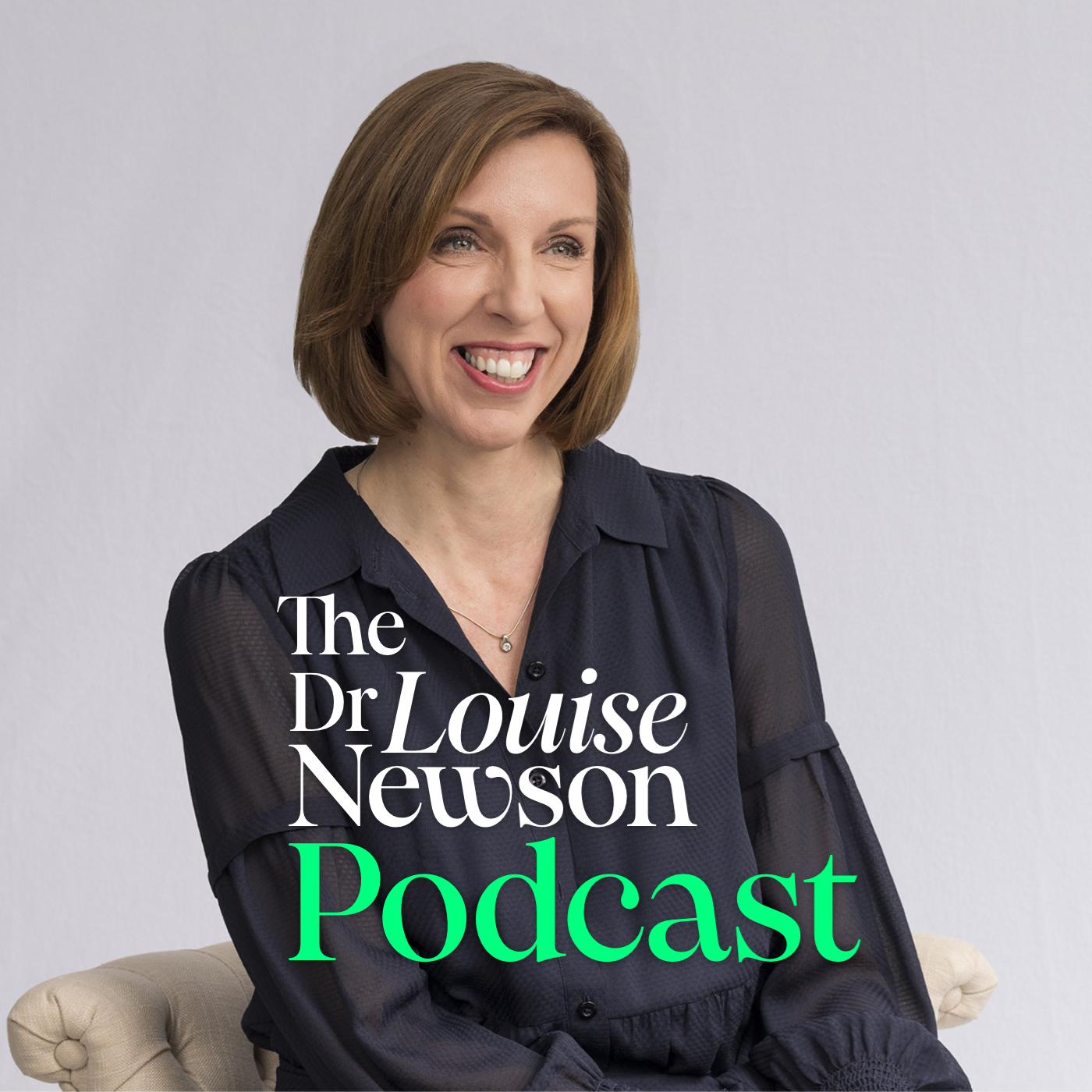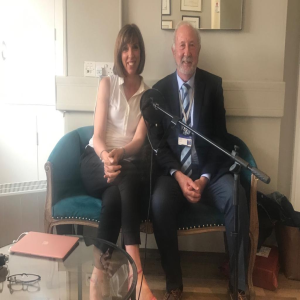
8.5M
Downloads
311
Episodes
Dr Louise Newson is an award-winning physician, respected women’s hormone specialist, educator, and author committed to increasing awareness and knowledge of perimenopause, menopause, and lifelong hormone health. Each week, Louise dives into the newest research, treatments and hot topic issues, providing accessible, evidence-based information to empower your future health. Joined by fellow experts and special guests, with answers to your burning questions, Louise explores how hormones impact every aspect of our lives. Described as the “medic who kickstarted the menopause revolution”, Louise aims to empower a generation of women to have a greater understanding, choice and control over their treatment, bodies, minds and future health through their hormones. She is the creator of the award-winning free balance app, a Sunday Times bestselling author and the founder of the Newson Health clinic. With over three decades of clinical experience, Louise is a member of the Royal College of Physicians, a Fellow of the Royal College of GPs, a Visiting Fellow at Cambridge, a regular contributor to academic journals including the Lancet and the British Journal of General Practice, and has been awarded an honorary Doctorate of Health from Bradford University. DISCLAIMER: The information provided in this podcast is for informational purposes only and is not intended as a substitute for professional medical advice, diagnosis, or treatment. Always seek the advice of your physician or other qualified health providers with any questions you may have regarding a medical condition. The views expressed by guests are their own and do not necessarily reflect the views of Dr Louise Newson or the Newson Health Group.
Episodes

Tuesday Oct 08, 2019
018 - Low Testosterone in Men - Professor Geoffrey Hackett & Dr Louise Newson
Tuesday Oct 08, 2019
Tuesday Oct 08, 2019
Professor Geoffrey Hackett works as a consultant in Urology and Sexual Medicine. He is a prolific writer and educator about men's health and has a particular interest in low testosterone in men. In this episode, Dr Newson and Professor Hackett talk about how having a low testosterone level can affect men, how common it is and how men can receive help and treatment. Around 20% of men in the UK have low testosterone at some time in their life but few of these men are being diagnosed and treated. This is due to lack of awareness by patients and doctors, especially as symptoms are vague and often subject to incorrect diagnosis. Erectile problems can be a sign of cardiovascular disease so it is really important that men have the appropriate tests and receive the best treatment to improve their future health.
Professor Geoffrey Hackett's Three take Home Tips:
- Having erections and sexual activity is great for men's health. Regular sex can reduce the risk of heart failure and can prolong life.
- The quality of sex can matter more than the quantity.
- Erectile dysfunction is down to heart problems until proven otherwise. Don't just put it down to stress, age etc.

No comments yet. Be the first to say something!